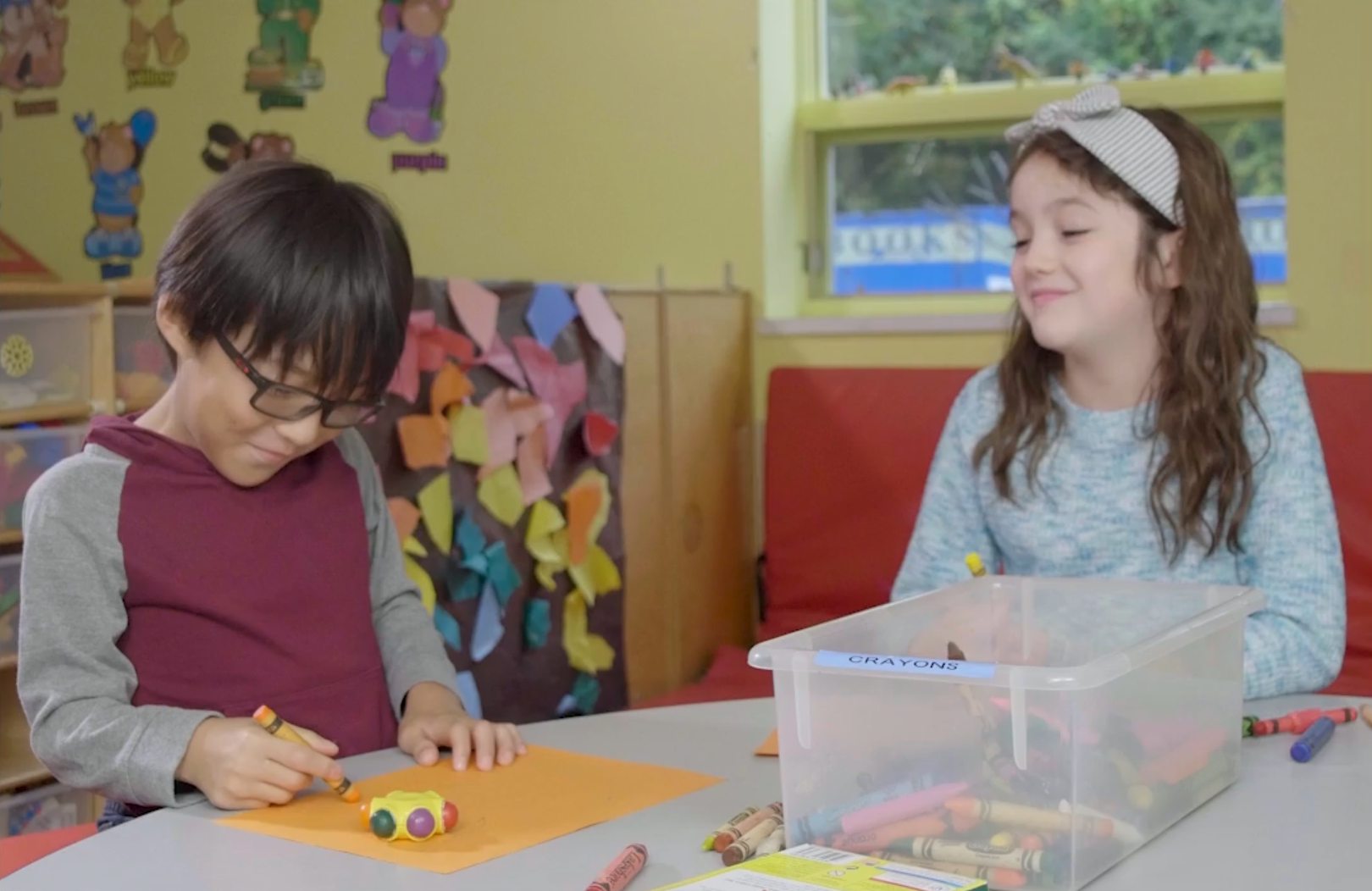
Introduction
One of the essential skills for effective communication is staying on topic during conversations. For elementary students, learning to maintain the focus of a discussion can be challenging, but it is a crucial aspect of social-emotional learning. This blog post will explore a no-prep activity that educators can use to teach students how to stay on topic, along with discussion questions and related skills to support their learning.
No-Prep Activity: The Conversation Puzzle
This activity requires no preparation or materials from the educator. It is designed to help students understand that staying on topic is like fitting together pieces of a puzzle. Here’s how it works:
- Divide the class into pairs or small groups.
- Ask each group to choose a topic for their conversation. You can provide a list of suggested topics or allow students to come up with their own.
- Explain that their goal is to keep the conversation focused on the chosen topic, with each person adding a “puzzle piece” that fits with the previous statement.
- Give students a few minutes to practice conversing while staying on topic.
- After the activity, bring the class together and discuss their experiences. Talk about how staying on topic helped them have more meaningful conversations and understand each other better.
Discussion Questions
- Why is it important to stay on topic during a conversation?
- How did it feel when everyone in your group was able to stay on topic?
- What strategies can you use to help you stay focused on the topic of a conversation?
- How can staying on topic help you build stronger connections with others?
- What challenges might you face when trying to stay on topic, and how can you overcome them?
Related Skills
Teaching students to stay on topic in conversations is just one aspect of social-emotional learning. Other related skills that can help students become better communicators and build stronger relationships include:
- Active listening
- Empathy and understanding others’ feelings
- Asking open-ended questions
- Expressing thoughts and feelings clearly
- Respecting different perspectives and opinions
Next Steps
Now that you have a better understanding of how to teach students to stay on topic in conversations, it’s time to explore more resources and activities to support their social-emotional learning journey. Sign up for free samples of skill-building materials and discover additional tools that can help your students develop strong communication and relationship-building skills.

